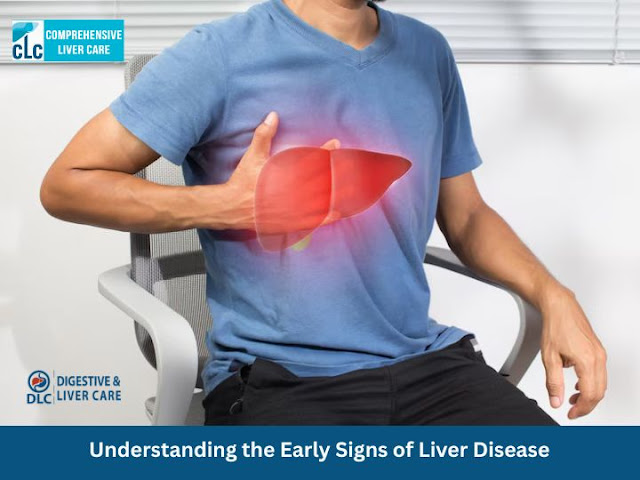Understanding the Early Signs of Liver Disease
The liver is one of the body’s most essential organs, responsible for detoxification, digestion, and hundreds of metabolic functions. Yet, liver diseases often go unnoticed until they progress to serious stages. Recognizing the early signs of liver disease can make all the difference in timely treatment and long-term health. If you notice persistent symptoms, consulting the Best liver specialist can be a critical first step toward diagnosis and recovery.
Why Early Detection Matters
Liver diseases can range from temporary conditions like hepatitis to chronic issues such as cirrhosis or fatty liver disease. The earlier these conditions are identified, the more effectively they can be managed or even reversed. Unfortunately, early-stage liver disease often presents with vague symptoms, which many people dismiss as fatigue or digestive discomfort.
Common Early Signs to Watch For
1. Persistent Fatigue
One of the earliest and most common symptoms of liver disease is chronic fatigue. When your liver isn’t functioning properly, toxins can build up in the body, leading to mental and physical exhaustion.
2. Loss of Appetite and Unexplained Weight Loss
If you're losing weight without trying or finding food unappealing, your liver may not be processing nutrients correctly. This could indicate the early stages of liver dysfunction.
3. Nausea and Vomiting
Digestive disturbances like nausea and vomiting are frequently reported in liver disease. The liver’s failure to properly detoxify the blood can disrupt digestive health.
4. Abdominal Pain or Discomfort
Pain in the upper right side of the abdomen could point to an inflamed or enlarged liver. If this pain is persistent, it's time to consult the Best liver specialist for further evaluation.
5. Dark Urine or Pale Stool
Dark-colored urine and unusually light-colored stools may indicate problems with bile production or bilirubin levels—both of which are processed by the liver.
6. Yellowing of Skin or Eyes (Jaundice)
Jaundice is a hallmark sign of liver issues. It occurs when the liver fails to eliminate bilirubin from the blood, resulting in a yellowish tinge to the skin and eyes.
What Causes Liver Disease?
There are multiple causes of liver disease, including:
-
Alcohol consumption: Excessive drinking can lead to alcoholic liver disease or cirrhosis.
-
Viral infections: Hepatitis A, B, and C are common viral infections that affect liver health.
-
Non-alcoholic fatty liver disease (NAFLD): Often linked to obesity, diabetes, and poor diet.
-
Medications and toxins: Overuse of certain drugs can damage liver tissue.
-
Genetic disorders: Conditions like Wilson’s disease and hemochromatosis can impair liver function.
Regardless of the cause, a consultation with the Best liver specialist is necessary to identify the type and severity of liver damage. Specialists often use blood tests, imaging (like ultrasound or FibroScan), and sometimes biopsy to confirm the diagnosis.
When Should You See a Liver Specialist?
If you experience any of the symptoms mentioned above, or if you have risk factors such as alcohol use, obesity, or family history of liver disease, don’t wait for the condition to worsen. The Best liver specialist can provide early diagnosis, help manage symptoms, and guide you toward lifestyle changes or medications that may prevent irreversible damage.
Preventive Tips for a Healthy Liver
-
Maintain a balanced diet: Avoid high-fat and processed foods.
-
Limit alcohol: Even moderate drinking can harm your liver over time.
-
Exercise regularly: Helps reduce fat accumulation in the liver.
-
Get vaccinated: Vaccines for hepatitis A and B offer protection.
-
Use medications wisely: Avoid overuse of painkillers or supplements without guidance.
Conclusion
Liver disease is often called a "silent disease" because its symptoms can be subtle in the early stages. But early detection is the key to effective treatment and long-term health. If you're experiencing signs like fatigue, digestive issues, or jaundice, don’t ignore them. Seek guidance from the Best liver specialist to get a clear diagnosis and a personalized care plan. Your liver works hard for you — make sure you’re giving it the care and attention it deserves.




Comments
Post a Comment